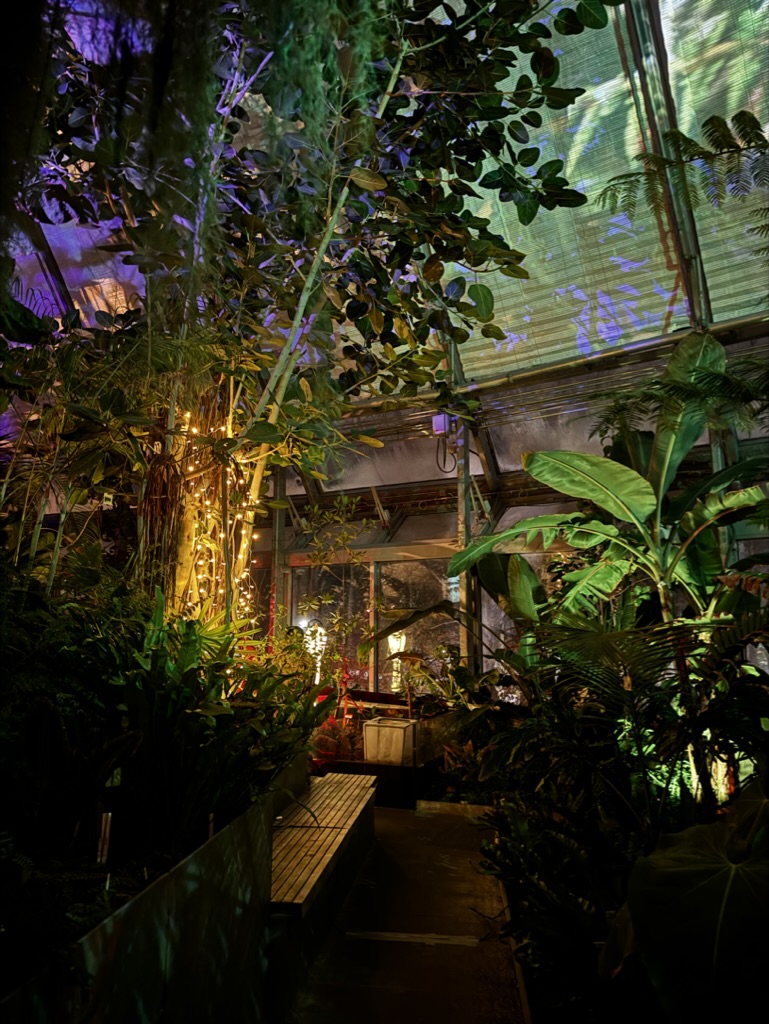By LAUREN TONTI ’14
Features Editor
This past weekend, Wellesley students camped out in the Science Center to participate in the inaugural Rosie Hackathon at Wellesley College. Organized by the Wellesley computer science (CS) department and Wellesley students, and sponsored by the tech startup Rosie, the two-day event/competition involved a day of “hacking” followed by a day of presenting creations. Participants were tasked with creating “something software-related that affects the world around you for the better.” Students were not required to be fluent in Python or Java to participate. Open to all majors, the Rosie Hackathon at Wellesley offered students the chance to market and create business plans for a team’s project, in addition to coding software.
Rosie, a tech startup founded by students at Cornell Startup Weekend in September 2012, has grown at an exponential rate. The Rosie app allows you to shop online locally for your groceries and schedule a delivery or in-store pickup. While Rosie operates out of upstate New York, the company plans to expand nationally, bringing Rosie to other cities and food markets in the United States.
The Wellesley hackathon served a dual purpose—to foster CS education in a competitive yet supportive environment for female coders and to recruit for the company. While coders hacked away at their projects, students were also interviewed by Rosie representatives. Wellesley interns and graduates like Nichole Burton ’13 impressed their Rosie colleagues so much with their work that the company came to campus to recruit for internships and careers. Rosie interviewed for available positions in development, finance and project management.
This event is important to the Wellesley community because it draws attention to the gender gap in computer science. For students who lack prior exposure to computer science before college or who have not practiced coding from a young age (a la Bill Gates), national hacking competitions are eye-opening experiences.
“Regular hackathons are not very conducive for learning for women, or at least not for the Wellesley community,” Cali Stenson ’17, the public relations coordinator for the hackathon, said. “The vast majority of hackathons that happen at other colleges are very big, and they have people who have a lot of experience and know a lot more and just come in and build these gigantic crazy things.”
Stenson recounts that at the start of the technological revolution, 30 to 40 percent of coders were female. Yet for some reason the numbers have dwindled over time.
“The general community treats men as though they should be interested in things like this, and women aren’t as encouraged or as exposed to it. People come to college and fall in love with computer science and realize they really like it, but they start a lot smaller,” Stenson said. Events like Rosie Hackathon attempt to eliminate gender discrepancies in computer science and the tech startup world. Rosie is quite the Riveter.
This hackathon was designed to promote a collaborative environment for new learners and provide an opportunity to make friends. One of Stensen’s favorite things about Wellesley’s hackathon is the environment. “It feels like I’m spending the day with my Wellesley sibs, it feels very much like I’m hanging out at home. It doesn’t feel foreign or intimidated by other people, or like I’m in a competition. I guess technically someone is going to win, but I don’t think we’re really focusing on that,” she said.
While the term hacking bears a negative connotation for some people, it is actually a positive phrase in computer science lingo. At the dawn of the computer era, everything was built in numeric code, requiring people to “hack” away at programs via a lengthy, strenuous process.
“Computer scientists still recognize hacking as just a creative term, going around passing walls that exist and creating new things and building technology. That’s what hacking is,” Stenson said.
Malicious behaviors, like stealing internet users’ personal information, came later. Events are labeled “hackathons” in an effort to reclaim the word.
“It’s all about creation,” Stenson remarked.





